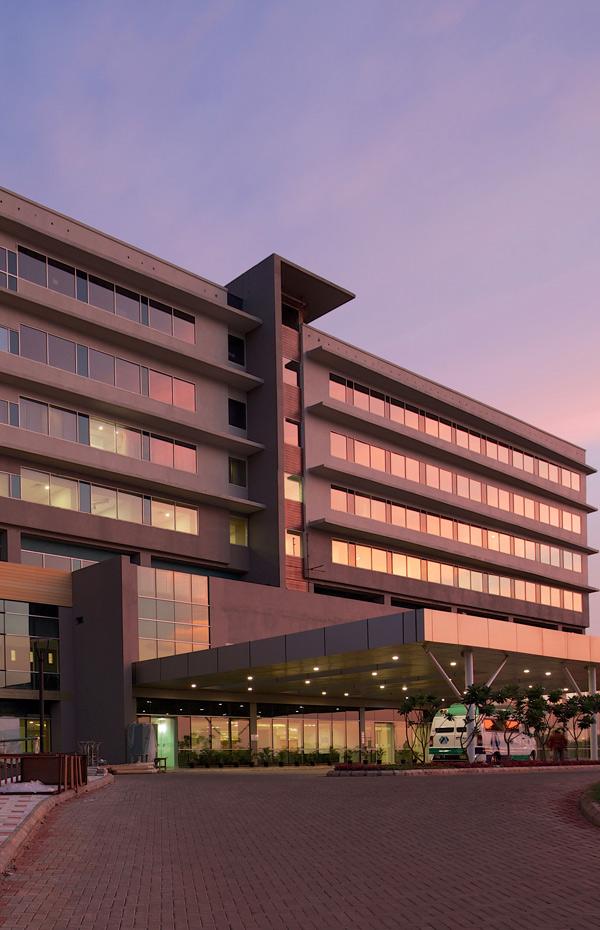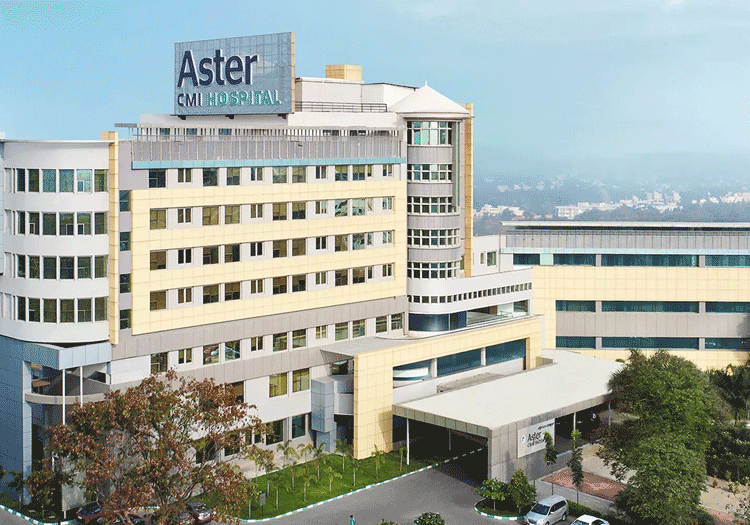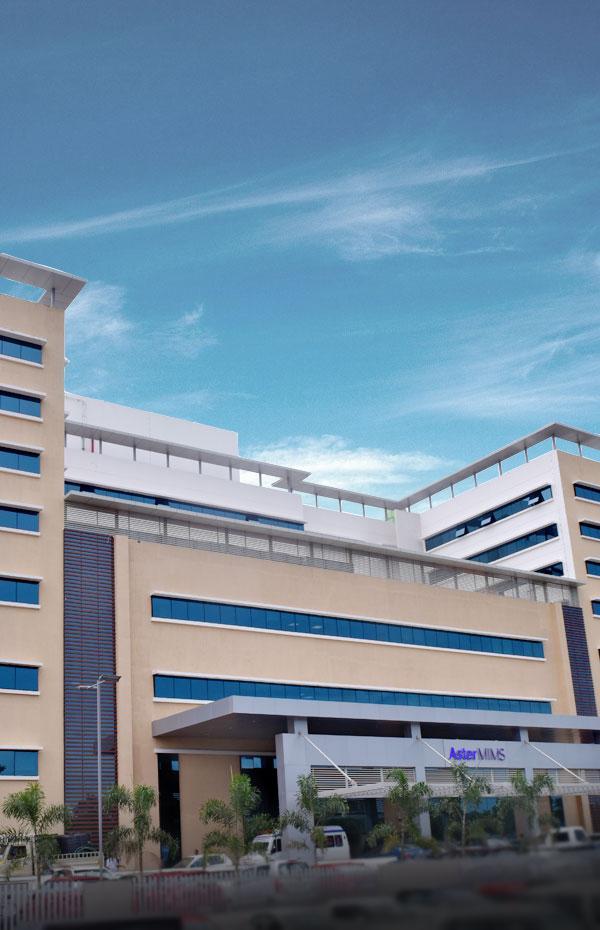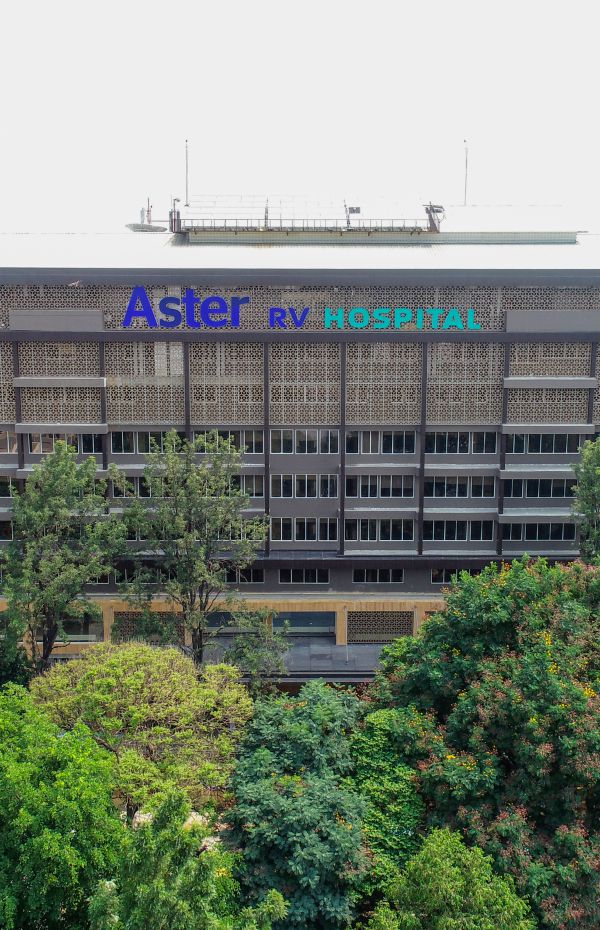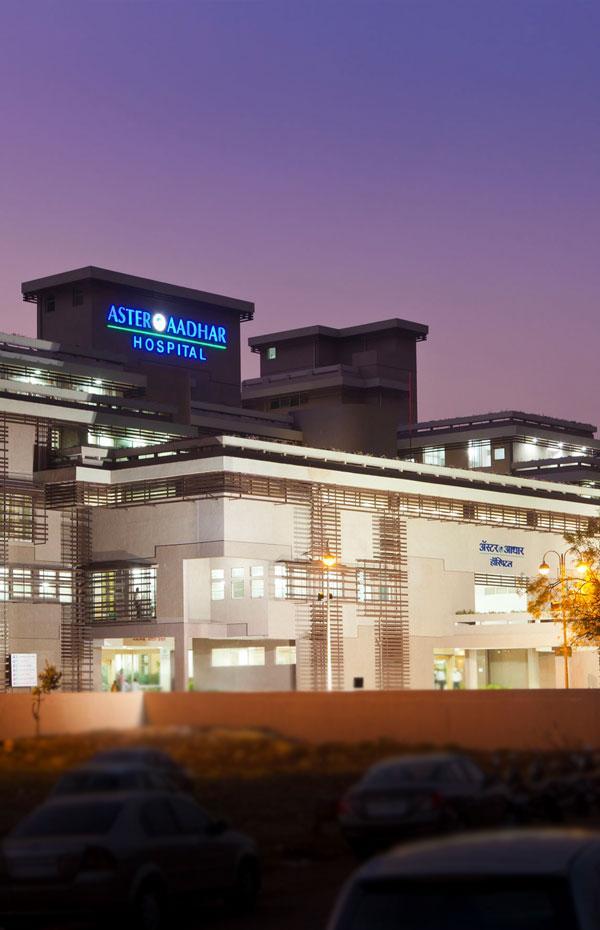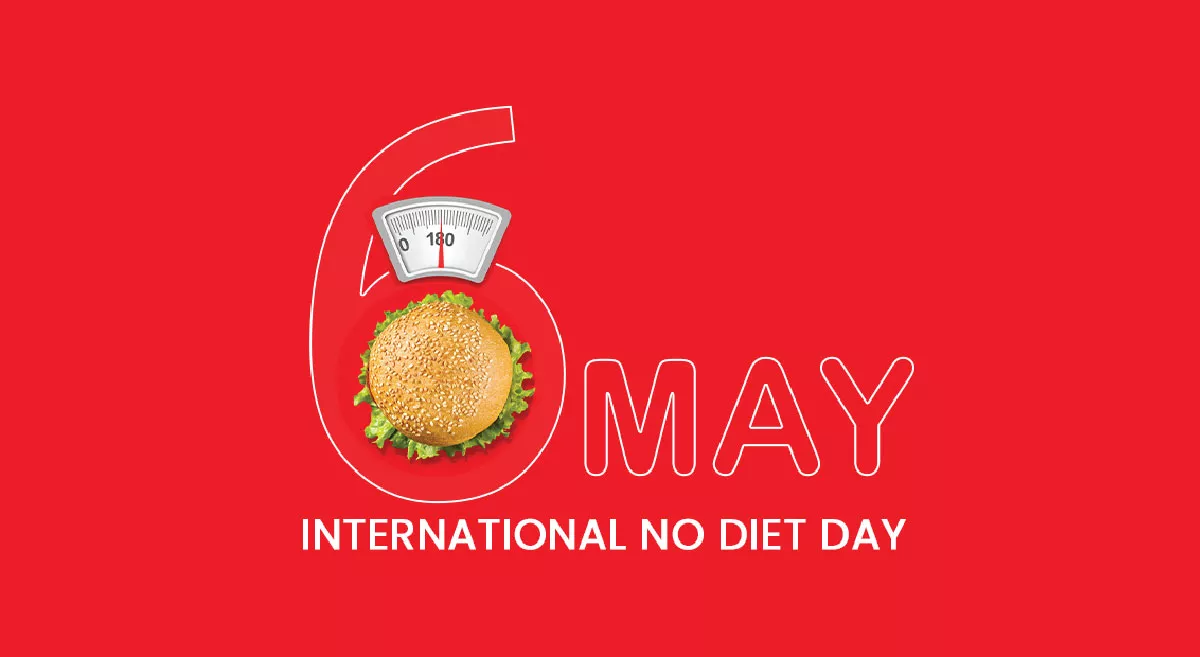The Dietary department at Aster hospital helps the patients to understand the need for therapeutic diet which is prescribed by the doctors based on their clinical conditions. The primary purpose of the Dietary department is to provide a well-balanced, nutritionally adequate diet for each patient.
Our Doctors
We have some of the best specialists from around the world, they bring years of experience and offer evidence-based treatment to ensure the best care for you.
FAQs
Want to find out more about the treatment? The answer to your questions can be found below.
What are the good sources of Protein?
There are 2 types of Protein sources available. Non- vegetarian can choose children, fish, Egg.
Nutrition tips for kids?
Nowadays constipation, flu cold, gastritis, obesity is common in kids, To prevent these lifestyle disorders kids need to include Fiber in the diet include protein to boost immunity maintaining time & avoid outside food.
Why Fiber is important?
Dietary Fiber plays a major role in one’s diet . Fiber stays in digestive track for a longer time & feels full. It gives satiety & reduce appetite, so helps to prevent constipation, helps to reduce weight & maintain other lifestyle related disorders.
When should I consider seeing a nutritionist and dietitian?
You can consider seeing a nutritionist and dietitian when you require general guidance on healthy eating habits or weight management. Moreover, you can get assistance incorporating specific dietary needs into your lifestyle. These experts are qualified to manage medical conditions through diet.
Will a nutritionist and dietitian help manage side effects during treatment?
Both nutritionists and dietitians can play a valuable role in managing side effects experienced during various treatments. They work with other doctors to closely monitor and address patients' health conditions. Our nutritionist and dietitian in Bangalore always help prevent allergies and side effects.
What digestive system conditions do nutritionists and dietitians attend to?
Nutritionists and dietitians treat several digestive issues, including constipation, indigestion, bloating, insufficient diet, gastric abnormalities, and inflammation. Our nutritionists and dietitians in Bangalore offer reliable solutions and therapies to fulfil your nutritional needs with proper diet plans.
How do nutritionists & dietitians decide if surgery is necessary?
Nutritionists and dietitians don’t decide on surgery; their role is to assess and address only dietary and nutritional issues.
How should I prepare for my first visit to a nutritionist and dietitian?
You should know the core reasons why you should be visiting a nutritionist and dietitian. Also, you can prepare some questions and take ongoing medications to make them understand your issues. Our nutritionist and dietitian can help you to prepare for your first visit.
When should I consider seeing a nutritionist and dietitian?
You should see nutritionists and dietitians if you face issues with your diet plans and health concerns. Moreover, you can also reach out to them when you need assistance from experts to improve your eating habits and daily lifestyle with healthy diet plans.
Will a nutritionist and dietitian help manage side effects during treatment?
Yes, they do. While treating patients with a specific diet plan or nutrition therapy treatments, they ensure that they monitor changes in their health conditions. They analyse weight gains or losses, hydration levels, or other aspects to modify the treatment levels.
What digestive system conditions do nutritionists and dietitians attend to?
Nutritionists and dietitians can solve several digestive system issues with their personalised diet plans. These problems include indigestion, gastric problems, stomach infections, urine problems, dehydration, and bloating. Our nutritionist and dietitian offer reliable solutions to these digestion problems.
How do a nutritionist and dietitian decide if surgery is necessary?
These experts don’t really decide on surgery, as they only assist and guide patients to follow a healthy lifestyle through personalised diet plans. They ensure that patients are getting sufficient nutrients through safe food choices and effective exercises.
How should I prepare for my first visit to a nutritionist and dietitian?
You can prepare some questions to discuss your diet and eating habits. Moreover, you can take healthcare documents and reports that affect your health. Our nutritionist and dietitian in Kolhapur can assist you in learning more about your daily nutritional needs.
When should I consider seeing a nutritionist and dietitian?
You should consider seeing a nutritionist and dietitian when you are in need of dietary assistance or want a professional who can help you maintain healthy eating habits. Our nutritionist & dietitian in JP Nagar offers complete medical support to nurture the overall lifestyle of the patients.
Will a nutritionist and dietitian help manage side effects during treatment?
Yes. Nutritionists and dietitians work together to analyse patient’s health by monitoring their weight, height, and overall physical growth. Moreover, they alter the treatment methods if patients feel uncomfortable. Our nutritionist & dietitian stays attentive throughout the treatment to address changes.
What digestive system conditions do nutritionists and dietitians attend to?
Nutritionists and dietitians treat several digestion problems, such as food infections, vomiting, unhealthy eating, dehydration, ulceration, and gastric disorders. Our nutritionist and dietitian in Bangalore has potential solutions to all these issues and necessary diet plans for healthy patient recovery.
How do Nutritionists & Dietitians decide if surgery is necessary?
Nutritionists and dietitians don’t make the decision to have surgery unless they collaborate with other surgeons and doctors. They only assist patients in following a healthy diet and the required nutritional plan. Our nutritionists and dietitians in Bangalore are always available to collaborate with other specialists for critical care.
How should I prepare for my first visit to a nutritionist and dietitian?
To prepare for your first visit, you can list pointers to discuss your diet, eating habits, and nutritional needs. Moreover, if you’re taking any medication, you can also take their prescriptions. Our nutritionist and dietitian can help you prepare for your first visit.
When to visit Nutritionist?
Anyone can visit a nutritionist at any point of time for lifestyle modifications, dietary plans of for lifestyle modifications, dietary plans of for any therapeutic diet i.e. diabetic diet, renal diet weight loss diet etc.
What is a balanced diet?
A diet of a variety of different types of foods and providing adequate amounts of the nutrients necessary for good health. It consists of carbohydrates, protein, fat, vitamins & minerals.
Who are nutritionists and dietitians, and what do they do?
Nutritionists and dietitians focus on providing medical solutions related to diet problems and malnutrition. These specialists analyse the patient’s overall well-being and address critical factors that can affect their eating habits. Moreover, they offer personalised diet plans and do’s and don’ts for food choices.
What questions you should ask a nutritionist and dietitian?
You can ask a nutritionist and dietitian several questions, such as what problems they treat, how long they have provided medical support, how they manage lack of diet and nutrition, what medications or therapies they suggest, and how they help in fitness recovery.
What are the most common types of conditions that nutritionists and dietitians treat?
Nutritionists and dietitians provide effective solutions to various conditions, including weight management, unhealthy eating practices, dietary restrictions, diabetes, indigestion, gastric problems, and food allergies. Our nutritionists and dietitians are well aware of these issues and offer personalised solutions.
What is the role of a nutritionist and dietitian in a patient's treatment?
Nutritionists and dietitians aren’t directly involved in treatment, as they only assist patients in meeting their nutritional needs through proper dieting plans. They assess their current diet plans, medical records, and health conditions to propose certain changes in eating habits.
What advancements or technologies are utilised by nutritionists and dietitians?
Nutritionists and dietitians often use diet-tracking apps to monitor patients' eating habits. They also use general checkup equipment such as blood pressure monitors, digital thermometers, biomarkers, and fitness trackers. Our nutritionists and dietitians in Bangalore always use safe and reliable technologies to help patients.
Who are nutritionists and dietitians, and what do they do?
Nutritionists and dietitians are the experts who provide complete guidance, medications, and much-needed care for improving diet and eating habits. These experts work closely with patients to understand their core problems and prepare healthy diet charts suitable for their conditions.
What questions you should ask a nutritionist and dietitian?
You can ask a nutritionist or dietitian certain questions, such as how they help with dieting, what problems they solve by improving eating habits, how they analyse patients' conditions, and how they help with weight gain or loss through healthy diets.
What are the most common types of conditions that nutritionists and dietitians treat?
Nutritionists and dietitians treat the most common conditions, including weight loss/gain, dehydration, weakness, loss of hunger, lack of vitamins or minerals, and unhealthy diet plans. Our nutritionist and dietitian in Kolhapur provides effective solutions to all these problems.
What is the role of a nutritionist and dietitian in a patient's treatment?
Nutritionists and dietitians play a vital role during treatment for patients who have undergone a certain diet plan. They closely monitor changes in their health conditions and address concerns if encountered. Our nutritionist and dietitian have improved the patient’s eating habits through personalised diet suggestions.
What advancements or technologies are utilised by nutritionists and dietitians?
Nutritionists and dietitians use the latest technologies to monitor patients' fitness, such as health tracking systems, heart rate trackers, blood pressure monitoring devices, glucometers, and digital thermometers for body temperature. Our nutritionists and dietitians monitor their patients' health through smart devices.
Who are nutritionists and dietitians, and what do they do?
Nutritionists and dietitians are healthcare professionals who provide the utmost care to improve eating habits and help meet daily nutritional needs. These specialists closely work with patients to assess their diet plans and provide necessary assistance to follow a healthy lifestyle.
What questions should you ask a nutritionist and dietitian?
You can ask a nutritionist or dietitian any questions regarding your eating habits or dietary plans. They can explain how they assess patients to create personalised diets, which methods they use to perform health analysis, how they create daily nutrition intake schedules, and how they help in recovery.
What are the most common types of conditions that nutritionists and dietitians treat?
Nutritionists and dietitians treat the most common conditions: weight loss or gain, indigestion, weakness, food infections, irregular diet plans, unhealthy food choices, and gastric issues. Our nutritionist and dietitian take good care of patients with these conditions.
What is the role of a nutritionist and dietitian in a patient's treatment?
Nutritionists and dietitians assist patients in following a personalised diet plan during treatment. According to their health conditions, they prepare daily meal schedules that can help them receive the required nutrients. Our nutritionist and dietitian work closely with patients to nurture their health.
What advancements or technologies are utilised by nutritionists and dietitians?
Nutritionists and dietitians use several advancements to offer the utmost patient care. These include glucometers, blood pressure monitoring devices, digital weighing machines, nutrition trackers, and heart rate trackers. Our nutritionists and dietitians always use noninvasive measures to help patients.
Blogs
The source of trustworthy health and medical information. Through this section, we provide research-based health information, and all that is happening in Aster Hospital.


